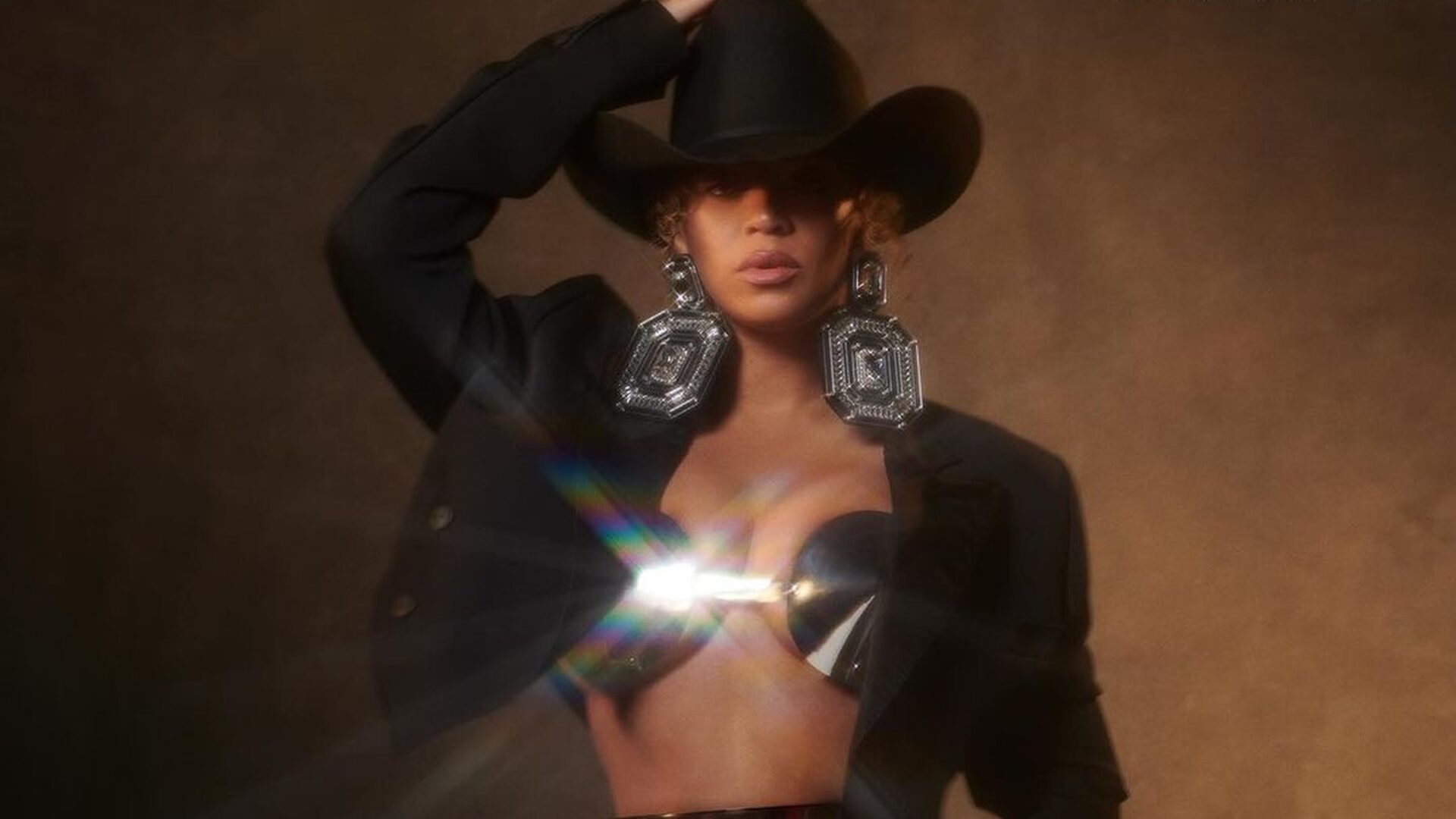
Despite the societal push to show the Country music genre as a predominantly white space, Blackness has always been the root of its success. Artists like DeFord Bailey and Charley Pride paved the way for the category to have that soulful sound and storytelling structure we identify with Western music. Throughout the years, there’s been a constant battle between the country music community and their outdated rules about what makes a song deemed country. Unfortunately, these concerns only apply when the artist is Black. Though times should have changed, Black artists still fight for their creative freedom outside of hip-hop and R&B.
We’re seeing a shift in the genre as more Black artists are disrupting the community. From Kane Brown to Mickey Guyton, these artists are providing a beacon of hope for Zillennials to see that they can step outside the box and be the change they want to see. Still, work needs to be done as we continue to see the goal post move regarding how Black artists succeed on a platform initially built on the backs of Black country musicians. In true Beyoncé fashion, the songstress continues to break the internet and the status quo after she broke the internet with a surprise release of two new songs during Super Bowl Sunday.
Read ‘Here’s Gen Z’s Reactions To These Super Bowl Moments’
Her singles “Texas Hold ‘Em” and “16 Carriages” set the tone for the storytelling Black creatives always told, no matter the genre. Since the release of the surprise tracks, the timeline remains on fire with the discourse surrounding Country music returning to its roots. On Tuesday, Beyoncé made another historic achievement by becoming the first Black woman artist to top Billboard’s Hot Country Songs charts. This new accomplishment under her belt allows for a larger conversation about Black artists shifting the borders placed on them in music.
Black creatives always played a significant role in shaping country music, yet their contributions continue to be overlooked. Throughout the excitement of Beyoncé’s new era for Act ll, fans called in to have her country songs played on the radio. One fan revealed that their station refused to play the new songs. “I requested Texas Hold ‘Em at my local country radio station (KYKC), and after requesting, I received an email from the radio station stating, “We do not play Beyoncé on KYKC as we are a country music station.”
Despite the resistance, reclaiming Black roots in country music is a necessary step toward challenging the industry’s ingrained biases. What we see is the true definition of disruption. With an artist like Beyoncé using her platform to express her artistry on a different level, gatekeepers can see how powerful the Black influence lives through the Western genre. By persisting, the country’s music community can work towards creating a more welcoming and fair environment for artists. “This is a country era, and this genre is Country music, NOT some subtle influences,” journalist Daric L. Cottingham tweeted. “Beyoncé is a Black girl from Houston, TX, home of the rodeo.”
The songstress continues to showcase that she’s not in a phase for this new era but is simply celebrating her roots and heritage through a new body of work. This is a shift in the industry, allowing Zillennials to tap into a genre they did not see themselves in. Thanks to TikTok and Instagram Reels, many people are showcasing their excitement for more representation in Country music.
As artists commit to fighting for inclusivity, it fosters a sense of belonging for listeners who may have previously felt excluded. Embracing Black roots in country music is crucial to creating an inclusive industry. Black people have always been around for the rise of the genre and now is the time to rightfully give not only Beyoncé but pioneers before her the flowers they deserve.
Reclaiming Black roots in country music offers an opportunity to confront the legacy of racism and discrimination that has saturated the genre. By acknowledging the contributions of Black musicians and honoring their legacy, the industry can work towards addressing systemic issues. “We’re here and have been throughout the entire history of this music,” Country singer Rissi Palmer says on CNN. “Country music is having a moment. But more importantly, Black country music is having a moment.”
About the Author: Kenyatta Victoria is the lead writer for Essence GU, working on all things pop culture, politics, entertainment and business. Throughout her time at GU, she’s garnered devoted readers and specializes in the Zillennial point of view.